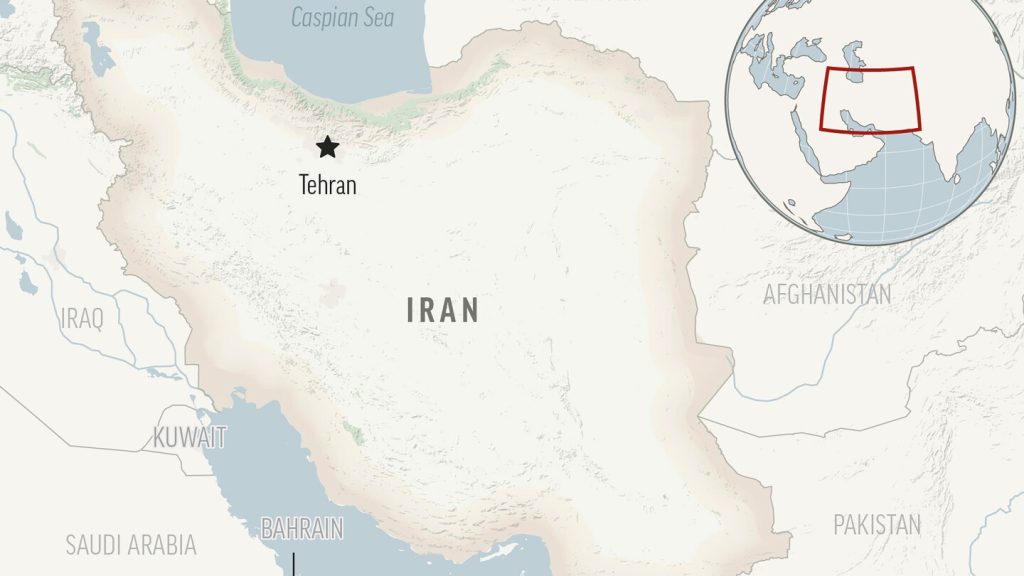The Supreme Court of Iran has upheld a death sentence for a member of the Revolutionary Guard’s all-volunteer wing who participated in the storming of a house during the 2022 protests over the death of Mahsa Amini. The member, identified by initials, shot and killed a 60-year-old man named Mohammad Jamehbozorg during the incident. This marks a rare moment of accountability for Iran’s security forces, who were involved in a violent crackdown on dissent following Amini’s death, resulting in the deaths of more than 500 people and the detainment of over 22,000 individuals. The Supreme Court’s verdict on the killing of Jamehbozorg was reached on August 26, according to lawyer Payam Derafshan who represented a protester detained in 2022.
The incident in which Jamehbozorg was killed took place in Karaj, a city northwest of Tehran, when the convicted Basij member and others stormed his home in search of protesters participating in the Amini demonstrations, including Jamehbozorg’s son. In addition to the death sentence for the Basij member, two other Guard members received prison sentences for their involvement in the incident. Iran’s government and state media did not report on the ruling, indicating a lack of transparency regarding cases involving security forces accused of brutality. Amini’s death in 2022, which sparked the protests, occurred as a result of her arrest by Iran’s morality police over allegations of improperly wearing her hijab.
The UN fact-finding mission concluded that Iran was responsible for the physical violence that led to Amini’s death and accused Tehran of committing crimes against humanity in its response to the protests. In a similar case, a military court sentenced Colonel Jafar Javanmardi, the police chief of Bandar Anzali, to death for killing a young man during the Amini protests while not following the country’s laws regarding the use of live ammunition. The Supreme Court is currently reviewing Javanmardi’s initial death sentence, indicating ongoing legal processes related to cases of security force members accused of violence during the protests.
Iran’s new reformist President, Masoud Pezeshkian, has taken a particular interest in cases involving allegations of brutality by security forces. Recently, Pezeshkian initiated an investigation into the death of a man in custody after activists alleged that he had been tortured to death by police officers. The focus on accountability for security forces’ actions during the 2022 protests reflects a broader shift towards transparency and justice in Iran’s legal system under the new administration. The Supreme Court’s decision to uphold the death sentence for the Basij member involved in Jamehbozorg’s killing sends a clear message that such actions will not go unpunished, marking a significant step towards accountability for Iran’s security forces.


